I’ve spent at least 76 percent of my life in front of a computer. I did the math. (On my computer calculator).
I remember as a kid being obsessed with the classic mid-90s Windows computer games like Rodent’s Revenge and SkiFree. The latter was my personal favorite. I never really mastered the game (and one Reddit thread even proposes a Shakespearean tragedy-esque theory that you “can never win” the game), but I remember being delighted at the sight of my little primitive skier trying to out-chase a pixelated, manic-looking Abominable Snowman. Stunning! The cavemen had their cave drawings… We? Have pixelated Yetis.
I was an early adopter and fervent support of the website MySpace. Duh. I’m a cringe millennial for a reason! I lived to update my screamo song and shitty, blinking neon background (and stalk my crush’s girlfriends and ex-girlfriends) on that fucking website. Thanks for the memories, Tom!

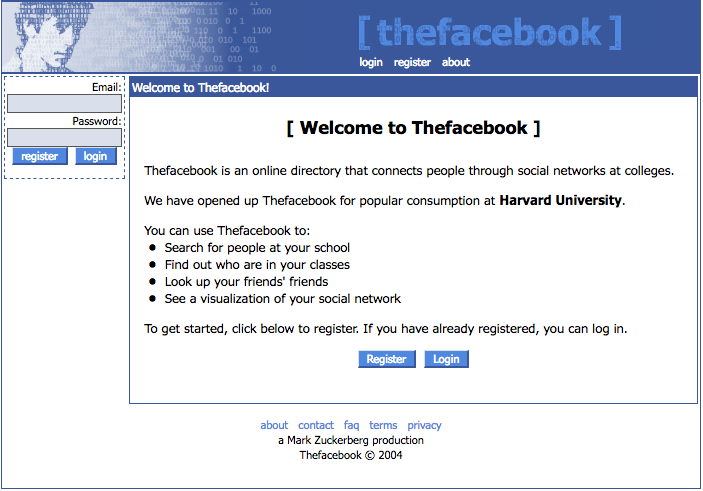
In college, I was lucky1 enough to be a part of the second freshman class to ever be able to sign up for a Facebook account when it was accessible by college email only. VIP, very exclusive, very chic.
But at what cost?
I bring all of this up2 because I also started doing something really crazy in the last week… Reading. Yes. I remembered reading, and how to read, like an actual piece of writing, and how to borrow a book from a library and read it, even though it’s not a podcast or a movie. Pretty remarkable and honestly not sure how many people have done this??
Anyways, I am currently reading Sapiens: A Brief History of Humankind by Yuval Noah Harari, a book that probably most people have read by now if you a) remembered that reading is a thing you can do and b) have been keeping up with really popular books since at least 2011.
Something that really stopped me in my tracks the other day was when Harari discussed the history and origins of wheat, in particular its everlasting effects on humanity – seemingly mostly negative.
According to Harari, wheat “manipulated” Homo sapiens and “domesticated” us, not the other way around. He explains that wheat essentially changed humans from resourceful, fairly comfortable and adaptable foragers into constricted and greedy farmers. Instead of being nomads who wandered in nature hunting and gathering for just a few hours a day, we became property owners who had to stand guard over our wheat fields, tending to the stubborn and high-maintenance crop from dusk ‘til dawn3.
This struck me because wheat is generally thought of in society as a symbol of “abundance.” Wheat comes up often in the Bible, particularly in the Parable of the Wheat and Tares (Matthew 13:24–30). Wheat is associated with harvest, and harvest equals “bounty” in our cultural unspoken dictionary of metaphors since ideally, a harvest is bountiful. But it seems ironic to me that our symbol of plenty is actually maybe more accurately a long-established trap forever embedded into our DNA.
Harari writes:
With time, the “wheat bargain” became more and more burdensome. Children died in droves, and adults ate bread by the sweat of their brows. The average person in Jericho of 8500 bc lived a harder life than the average person in Jericho of 9500 bc or 13,000 bc. But nobody realised what was happening. Every generation continued to live like the previous generation, making only small improvements here and there in the way things were done.
[...]
Then why didn’t humans abandon farming when the plan backfired? Partly because it took generations for the small changes to accumulate and transform society and, by then, nobody remembered that they had ever lived differently.”
“Nobody remembered that they had ever lived differently.” Huh. What other innovation that changed society forever does that remind you of?
Our latest “wheat bargain” is probably more like “the tech bargain.” Technology is making our lives worse4 and could ultimately kill us.5 All under the guise of “improving” our daily lives and advancing the whole of society.
To start the gathering of my supplemental research materials, I figured: Why not ask the source? AI herself. Or in this case, Google Gemini.
I asked, “Will AI cause human extinction?” Here’s what she had to say:
Some experts warn that artificial intelligence (AI) could pose an existential threat to humanity, but others are less concerned.
Risks of AI:
AI could be weaponized
AI could be used to create chemical weapons or destabilize society with misinformation.
AI could become too powerful
AI could become so advanced that it outperforms humans on every task.
AI could become concentrated in a few hands
AI could be used by governments and companies to enforce values through surveillance and censorship.
Humans could become dependent on AI
Humans could become dependent on AI, similar to the scenario in the movie Wall-E.
Okay, first of all… an AI chatbot throwing out a Wall-E reference as I try to gather information on whether or not her kind will completely wipe out humanity… Honestly? Kind of a slay.
Secondly, Gemini’s not the only girlie in the techosphere6 who thinks this is a very real possibility.
At the very end of 2024, computer scientist – also allegedly nicknamed “the godfather of AI” – Professor Geoffrey Hinton said that there was a “10% to 20% chance that AI would lead to human extinction within the next three decades.” This was considered good-ish news, apparently, that the odds were “shortened” to 10-20 percent. Wow, Happy fuckin New Year to us, I guess!
In May of 2023, dozens of experts, including the heads of OpenAI and Google DeepMind AI software companies, published an open letter with several signatures listed after the following statement:
Mitigating the risk of extinction from AI should be a global priority alongside other societal-scale risks such as pandemics and nuclear war.
El*n M*sk – famously an enthusiastic investor and ardent proponent of AI – said on T*cker C*rlson in April 2023 that AI is “more dangerous” in the sense that it “has the potential of civilization destruction.”
“AI is more dangerous than, say, mismanaged aircraft design or production maintenance or bad car production, in the sense that it is, it has the potential — however small one may regard that probability, but it is non-trivial — it has the potential of civilization destruction.”
–El*n M*sk
Now. I am not a historian or a psychic or a scientist or an archeologist. But I do believe we live in a time where anything that could happen will happen. But maybe that’s just how all times have worked since the very dawn of them.
“AI could be weaponized.”
Okay, cool, it probably will! Someone will probably weaponize it, for sure, if they haven’t already (which is, in fact, pretty likely)!
“AI could become so advanced that it outperforms humans on every task.”
Okay yeah, sure, let’s just assume it will, shall we?! Hasn’t that part started already?! I don’t see why not!
“AI could be used to create chemical weapons or destabilize society with misinformation.”
Yeah! I believe it! Seems more plausible than not to be completely honest with you!
“The average person in Jericho of 8500 bc lived a harder life than the average person in Jericho of 9500 bc or 13,000 bc. But nobody realised what was happening. Every generation continued to live like the previous generation, making only small improvements here and there in the way things were done.”
–Yuval Noah Harari, ‘Sapiens’
As for my best cynical layman’s guess? What started as a digital symbol of a new wheat, another hollow and false promise of abundance, is now coming after us relentlessly, without mercy – like a pixelated Yeti barreling down a ski slope. Tech is actively destroying us, leading our species to its inevitable demise, and we won’t fully realize it until it’s too late.
And maybe not even then. Maybe it will only be the ones in the future who realize it, wherever they are, whatever form they may take – the ones writing history books about us, long after we’re gone.
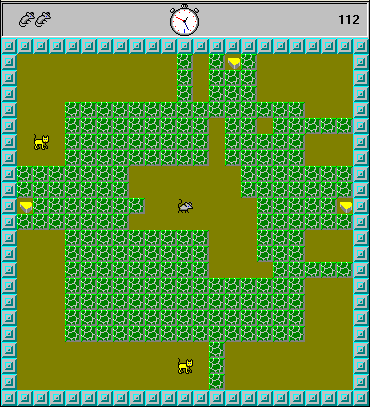
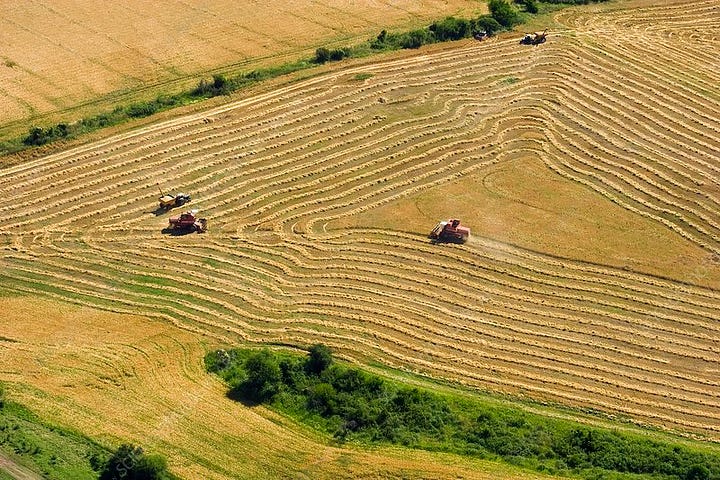
???? ….we’re still getting word on if this is the right word to use here…
and out my actual age #brave
From Sapiens: A Brief History of Humankind, “Part Two: The Agricultural Revolution”
research source here is just… look around??? reflect? log onto instagram for 2 seconds??
paraphrasing what experts have said here, but…. yeah?
not a real world… yet!





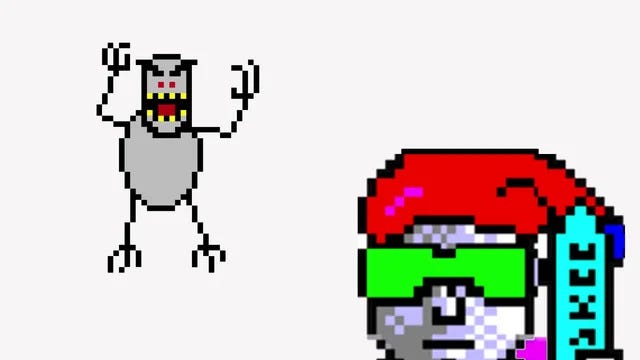
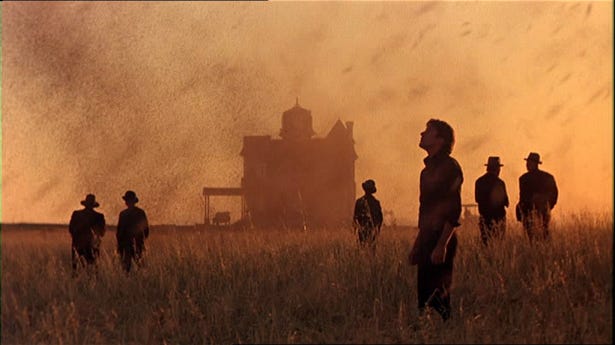
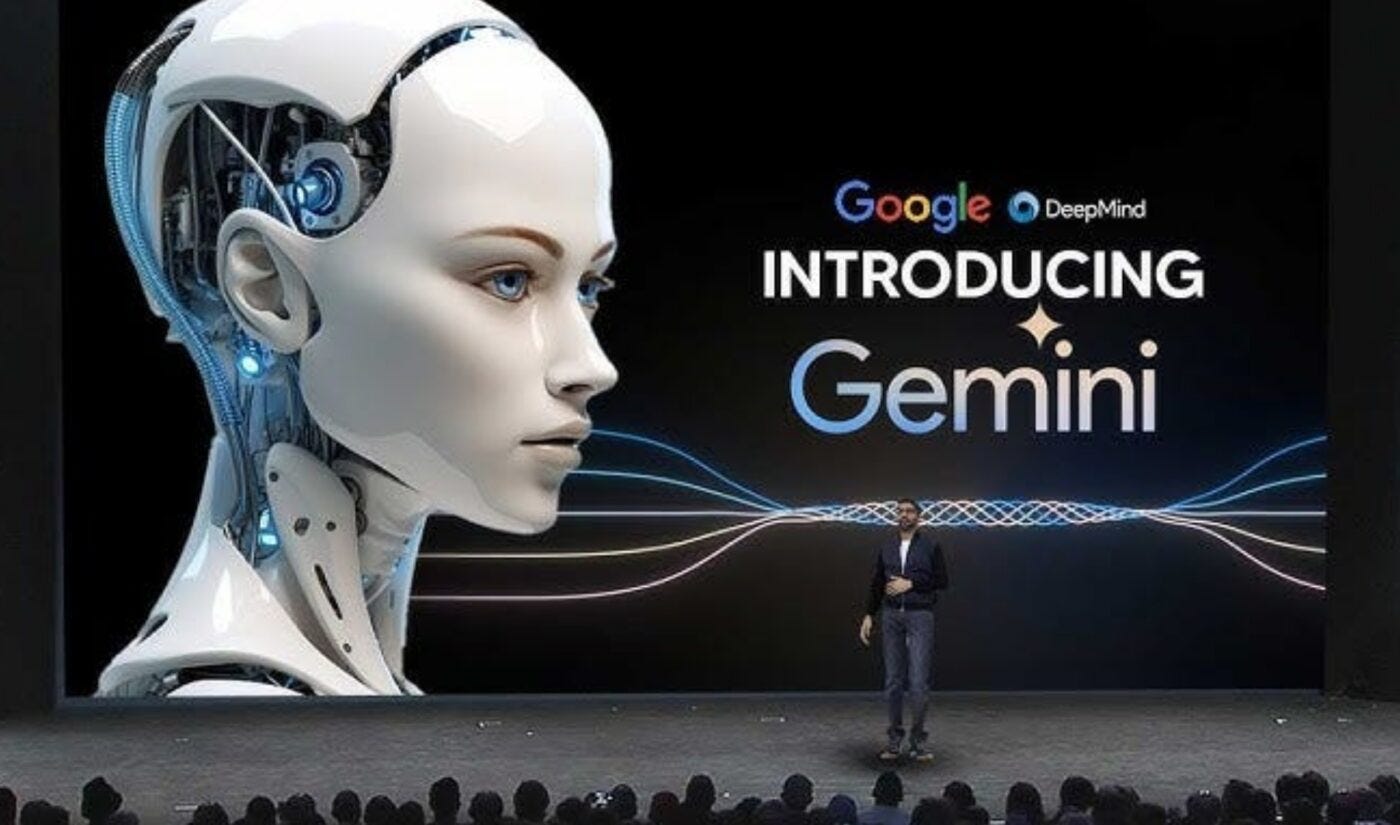
Smart as hell, Colleen. Thanks for writing this!!